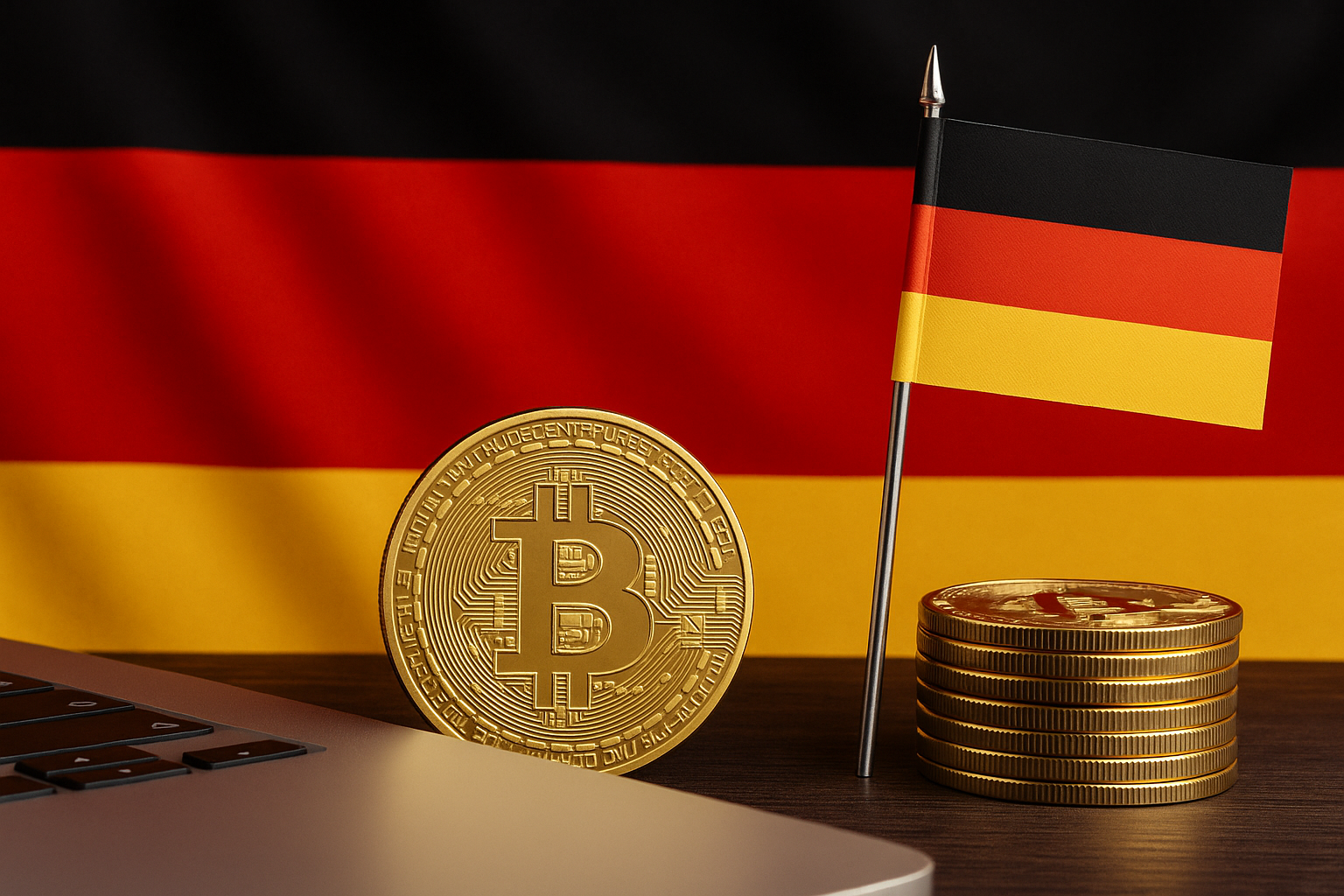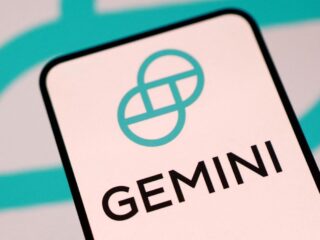50% of German companies see future key role for crypto money in payment transactions

- 48% of German companies see crypto payments in 10 years as standard, but only 2% use them now.
- New Mica rules and plans of the Digital Ministry could determine the future role of crypto in the German economy.
According to a current one Bitkom surveyin which 602 companies took part, German companies are shared of the future of cryptocurrencies as a regular payment method. While almost half believe that cryptocurrencies will be a standard payment agent within a decade, only a small part is currently working with them. Only 2% of companies surveyed currently use cryptocurrencies, while 6% would be willing to do so.
The main reasons for hesitation include volatility, fraud fears that A legal definition and limited internal experiences are missing. It is interesting that 39% of companies believe that cryptocurrencies are better suited for private individuals than for commercial applications.
However, larger companies, especially those with 500 or more employees, are more interested, and 12% are already considering using cryptocurrencies.
Majority supports stricter regulation than in the United States
The argument of the introduction of crypto is directly related to the regulatory landscape. About 40% of the companies surveyed stated that they need more political support in Germany to introduce digital assets more effectively.
At the same time, 61% believe that Germany has to introduce stricter crypto regulations than the United States. The German Ministry of Digitization, which was established by the Merz government, is the focus of change.
The blockchain expert of Bitkom, Frederic Meyer, emphasized the need to invest in blockchain-related activities, possibly by setting up a special unit in the ministry.
Since Germany adapts to the rules of the European Union for markets for crypto-assets, companies in the country are preparing for some adjustments.
The mica regulations, the uniform regulatory framework for crypto activities in the EU, enables companies to offer crypto business with a single license. This was quickly registered by the large players in the industry. After approval by the Mica, the Global Stock Exchange Okx has now regulated trading platforms in Germany and Poland.
Germany stands in front of crypto hurdles despite institutional growth
Despite the increasing institutional interest, the German crypto market has to struggle with transitional problems. Austria’s leading Bitcoin Automatic Operator, Kurant, has set up its company in Germany at short notice to adapt to the new compliance rules of the Mica. Nevertheless, the outlook for Germany remains positive.
A current example is the tax exemption of crypto wins for long -term investors who hold assets such as ether or Bitcoin for at least one year.






No Comments